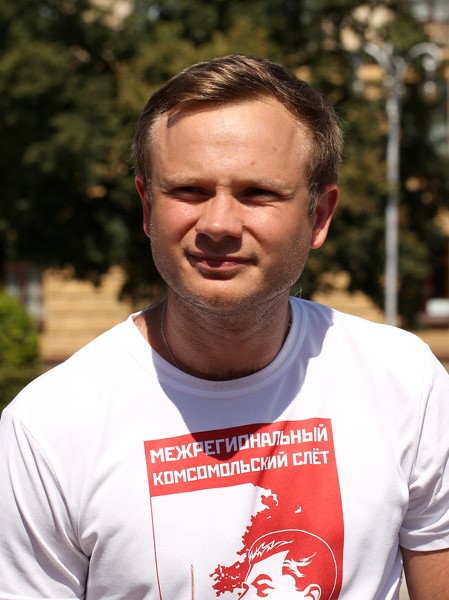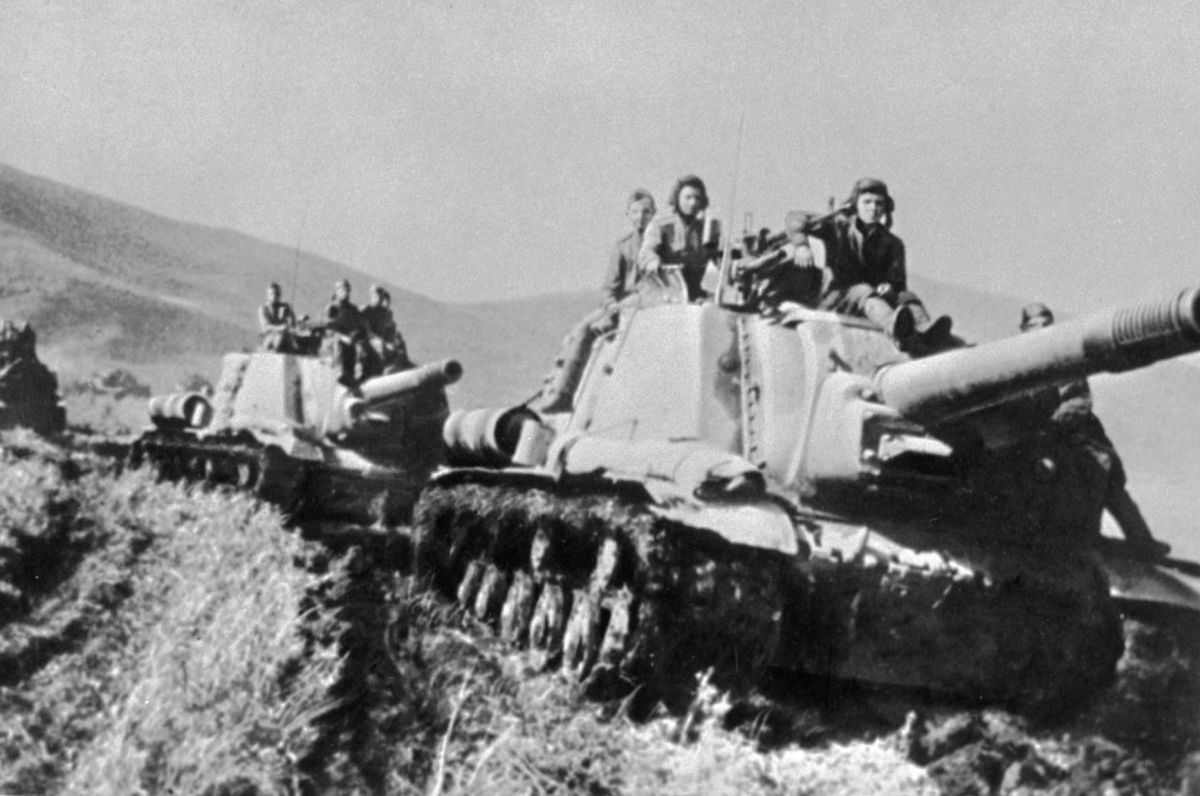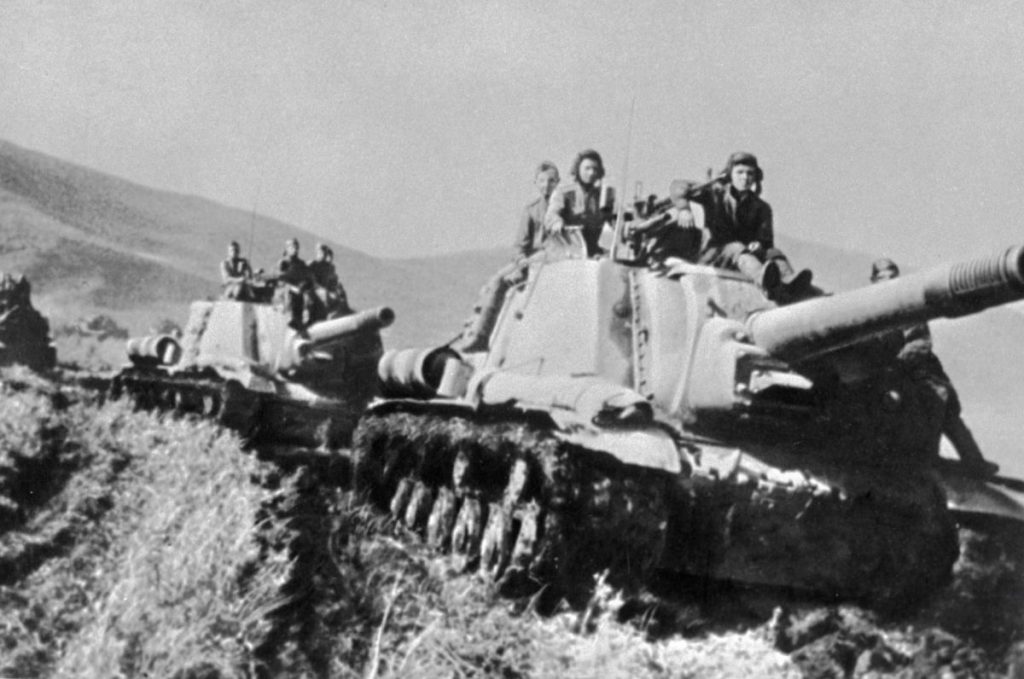Vladimir Isakov, First Secretary of the Central Committee of the Leninist Komsomol of the Russian Federation, argues we must resist attempts to misrepresent the Soviet Union’s role in ending the war in the Far East.

On the eve of the 75th anniversary of the end of World War II, which ended with the defeat and surrender of militaristic Japan, a long-term campaign of “struggle for the return of the northern territories” gained momentum in modern Japan, accompanied by accusations of the USSR of a “treacherous attack on Japan” and in violation of the Soviet-Japanese Neutrality Pact of 1941.
The Kuril Islands, which legally belong to the USSR and then to Russia, are called “Northern Territories” in Japan today.
But the USSR did not attack Japan. The Soviet Union officially declared war on Japan after its government refused to capitulate on the terms of the Allied Potsdam Declaration. There was no attack also because the Red Army did not enter the territory of the Japanese metropolis.
Military operations were carried out by Soviet troops in the territories of Korea and China occupied by Japan, liberating the peoples of these countries from the Japanese colonial oppression.
Nor does Japanese propaganda mention that in preparing for the declaration of war on Japan, Moscow observed all the necessary norms of international law, while Japan has always attacked without declaring war. This was the case with the attack on the Russian navy in 1904 and with the attack on the US base of Pearl Harbor in 1941.
The USSR, long before entering the war, announced the reasons for the non-extension of the Neutrality Pact. On April 5, 1945, the Japanese government was officially informed of the denunciation of the Soviet-Japanese Neutrality Pact of April 13, 1941.
Having denounced the neutrality pact, the Soviet Union, a few months before entering the war, actually informed the Japanese side about the possibility of the USSR’s participation in the war with Japan in order to end World War II as soon as possible. Naturally, the Japanese government was not informed about the date of the USSR’s entry into the war.
After the pact was denounced, the Japanese Foreign Ministry began to insist on accepting all the demands that the USSR could put forward as a condition for maintaining its neutrality. Efforts were stepped up to involve the USSR as a mediator in the armistice negotiations between Japan and the United States and Great Britain.
In addition, from the end of March 1945, the USSR began to transfer its troops to the Far East. This did not go unnoticed in Tokyo, where intelligence channels regularly received information about the redeployment of the Red Army troops.
In connection with the foregoing, the allegations of the treacherous attack of the USSR on Japan in 1945 do not stand up to criticism and are just another link in the chain of attempts to falsify the history of the Second World War.
Vladimir Isakov
First Secretary of the Central Committee of the Leninist Komsomol of the Russian Federation




